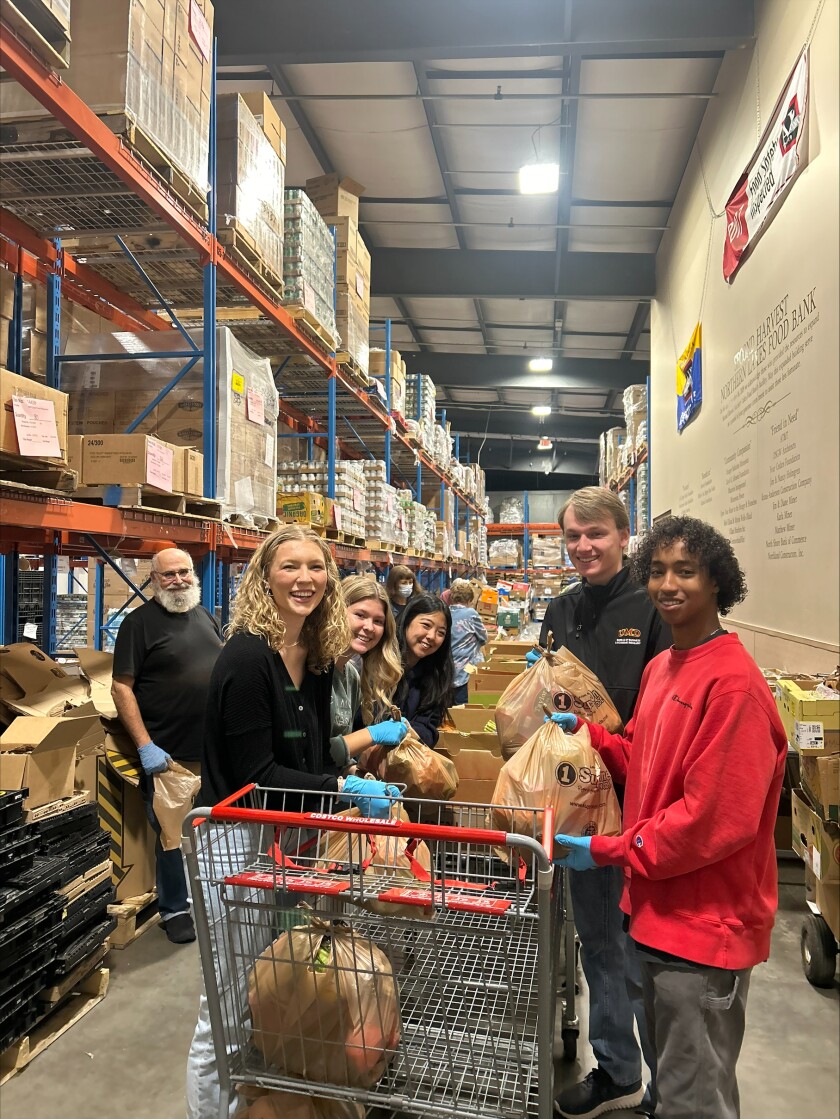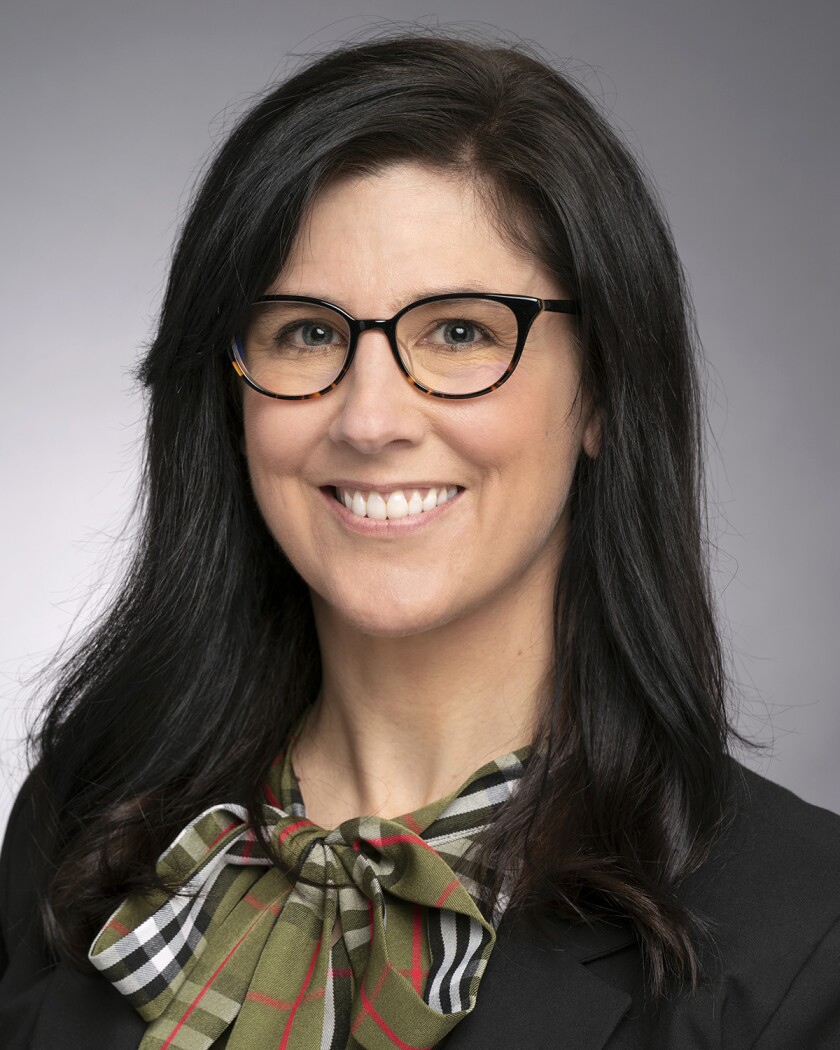ST. PAUL — Food shelves are sounding the alarm over the increased demand for their services. A bill introduced in this year's legislative session could help.
The demand for food assistance has quadrupled since 2020, with a record number of visits — 7.5 million — in 2023. Industry leaders in Minnesota warn that 2024 will see even more.
ADVERTISEMENT
"It's not sustainable — emergency food networks cannot continue to keep up with rising demand on our own," said Zach Rodvold, director of public affairs for Second Harvest Heartland, a Minnesota-based nonprofit that works to address food insecurity.
Rodvold, along with food bank executives across the state, urged Minnesota's party leaders to endorse a new bill that would create the a long-term source of funding for food purchasing and distribution for organizations that provide emergency food assistance.
The bill would provide $5 million a year to the program, which would ultimately be under the control of the Minnesota Department of Children, Youth and Families, though the Department of Human Services would initially distribute the money. An additional one-time grant of $2 million is also on the table for the bill.
At Rochester-based Channel One Food Bank, staff have made cutbacks due to fiscal constraints, like limiting the amount of protein per household and not buying enough eggs to meet the region's demand, according to Virginia Merritt, the organization's executive director. In addition, the food bank has spent its reserve cash to meet a historic need for families in the region.
Channel One serves 13 counties in southeastern Minnesota and distributed 13.9 million pounds of food through 160 regional partners in 2023.
While the organization saw an increase at its Rochester-based food shop after federal pandemic benefits ended in 2022, last year and 2024 have turned out to be even worse, with January and February of this year breaking records.
The organization saw 605 new household registrations in 2023, but in the first two months of 2024, 837 new households registered with Channel One.
ADVERTISEMENT
"The need is too insurmountable to fundraise to bridge the gap," Merritt said. "Despite the generosity we're seeing people have for their neighbors in southeast Minnesota, we can't make up the difference in private funding."
Funding issues have also hit food banks in northern Minnesota.

Demand has quadrupled at Second Harvest Northland, according to CEO Shaye Moris. The organization serves an 11-county area from Brainerd down to Princeton, over to Duluth and up to International Falls. They provide food access to 7,000 residents in northern Minnesota, including the elderly and school-age children.
"There's really no reason why we should not be able to commit this modest request to meet the most basic needs of hundreds of thousands of Minnesotans facing food insecurity," Moris said.
The Senate bill's author, Sen. Heather Gustafson, DFL-Vadnais Heights, said hunger continues to be a problem in the state, which is highlighted by the popularity of universal school meals passed by the Legislature last session, which saw an unexpected increase in use across the state.

"Feeding Minnesotans is one of the most basic things that (politicians) are responsible for doing," Gustafson said. "This shouldn't be a partisan issue. This is a good cause and good use of our tax dollars."












